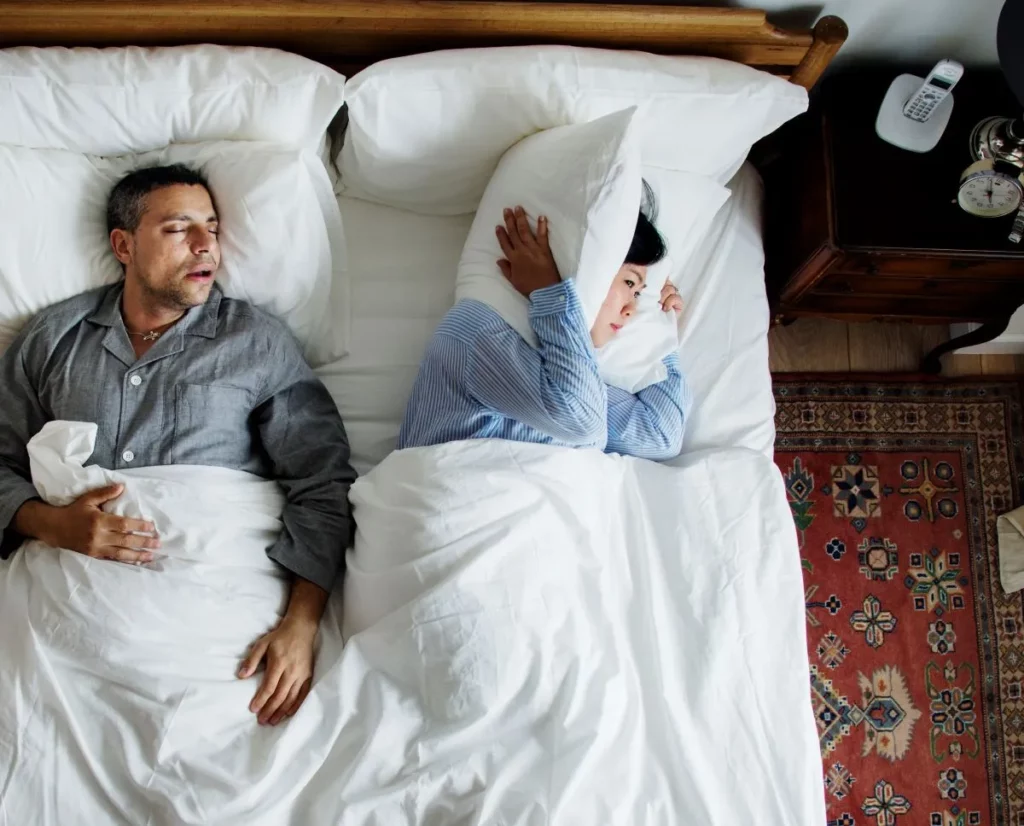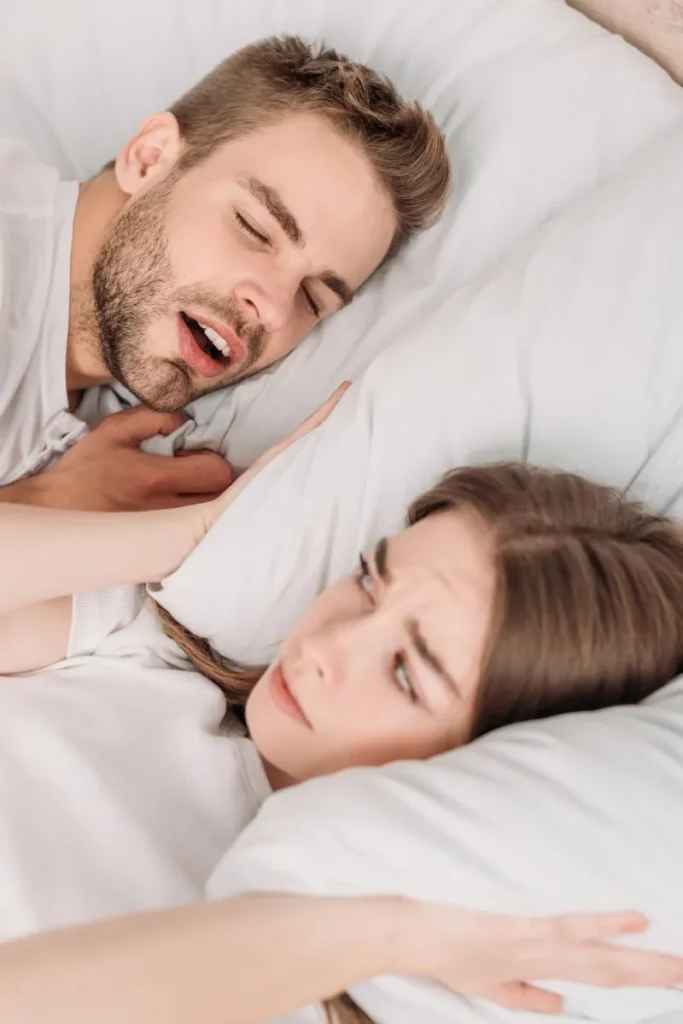Sleep-disordered breathing (SDB) is a group of conditions that affect breathing during sleep. Snoring, upper airway resistance, frequent arousal, restless leg syndrome, periodic limb movement, parasomnias, and others are some of the conditions that fall under SDB. It is essential to note that one may not necessarily have sleep apnea to have a sleep/airway problem

